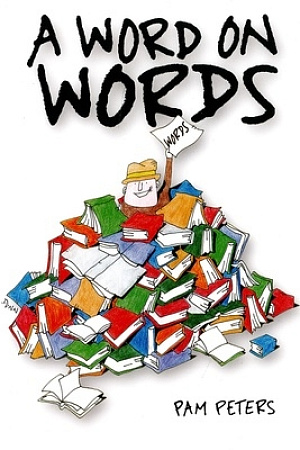'Imagining the "super-dictionary"' by Amanda Laugesen
In a 2011 lecture, David Crystal, a leading authority on the English language, spoke about the possibility of a ‘super-dictionary’ of English – a dictionary that would include every word in global English. Such a dictionary was, he acknowledged, a ‘crazy, stupid idea’, but an idea that seemed somehow possible in the electronic age, where the constraints of print no longer apply.
Dictionaries in the mould of Samuel Johnson’s A Dictionary of the English Language (1755) and James Murray’s Oxford English Dictionary (OED, first volume 1884) have shaped our understanding of what a dictionary is. Dictionaries of the twentieth century, from Webster’s to the Chambers Dictionary to the Macquarie Dictionary to the Australian Oxford Dictionary, have followed in their footsteps.
Continue reading for only $10 per month. Subscribe and gain full access to Australian Book Review. Already a subscriber? Sign in. If you need assistance, feel free to contact us.










Leave a comment
If you are an ABR subscriber, you will need to sign in to post a comment.
If you have forgotten your sign in details, or if you receive an error message when trying to submit your comment, please email your comment (and the name of the article to which it relates) to ABR Comments. We will review your comment and, subject to approval, we will post it under your name.
Please note that all comments must be approved by ABR and comply with our Terms & Conditions.